The complex thalloid liverworts, or Marchantiopsida, are one of the oldest land plant lineages, and contain a bewildering array of morphologies, ranging from comparatively simple plants like Blasia, Monoclea and Cyathodium to plants with highly modified sexual branches (‘female’ archegoniophores and ‘male’ antheridiophores) like Marchantia and Asterella. They grow predominantly in Mediterranean-type climates, although Marchantia and Lunularia will be familiar to gardeners as garden and greenhouse weeds. Many complex thalloid liverworts contain fungal endophytes, while, in common with some lichens, hornworts and cycads, Blasia has a symbiotic relationship with internalized colonies of photosynthetic blue-green algae Nostoc.
The Royal Botanic Garden Edinburgh (RBGE) has a long tradition of working on complex thalloid liverwort phylogenetics and systematics, including revisionary work on Asterella, Mannia, Sphaerocarpos and Cleveaceae.
In 2006, scientists at RBGE co-authored a multilocus phylogeny for liverworts, which included sampling of 28 complex thalloid genera (Clevea hyalina was included under the genus Athalamia) for five DNA loci. In the intervening years we have increased our sampling, both of DNA regions and of species. We are currently in the final stages of analysing a phylogeny for the group that includes complete genus-level sampling (with c.30% of the known species) for 11 loci, and also have species-level phylogenies of several genera in progress. The results of this have implications for when and how ‘complex thalloid’ morphology has evolved.
Because the dominant part of liverwort life-cycles is the (haploid) gametophyte, effects of genetic modifications of the plants can be rapidly observed and screened. Easy to grow, Marchantia is thus emerging as a popular model organism for synthetic biology.
In order to showcase Marchantia, but also to talk about the other weird and wonderful genera in this lineage, RBGE will hold a one- to two- day symposium for scientists with an interest in complex thalloid liverworts, with the aim of bringing together expertise on field and reproductive biology, development and ultrastructure, genomics and synthetic biology. This meeting will take place on 14th -15th July 2015 at the Royal Botanic Garden Edinburgh. The symposium will include a glasshouse tour and, if there is sufficient interest, a short laboratory session for anyone interested in looking at the complex thalloids we have growing at RBGE: currently Conocephalum, Lunularia, Marchantia and Plagiochasma. There is no registration cost involved.
If you like to present a talk or a poster, or just come along and join us, please contact us as soon as possible,
Juan Carlos Villarreal (j.villarreal@rbge.ac.uk), Laura Forrest and David Long.

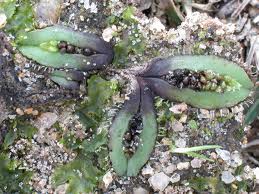
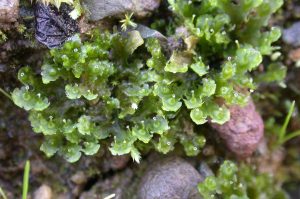
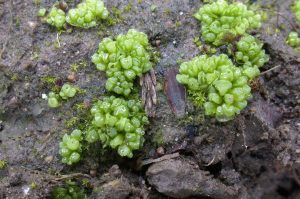
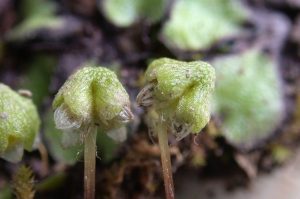

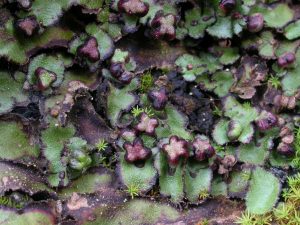
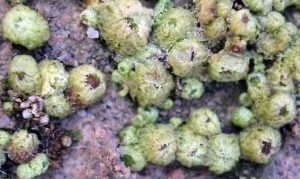
Dr. A. K. Asthana
Its wonderful to have such a focused symposium on thalloid liverworts. I hope it will come out with some significant resolutions and new concepts. What are the modalities to attend it.
Laura Forrest
If you are interested in attending, please just email your details to j.villarreal@rbge.ac.uk and we can sort out any details.